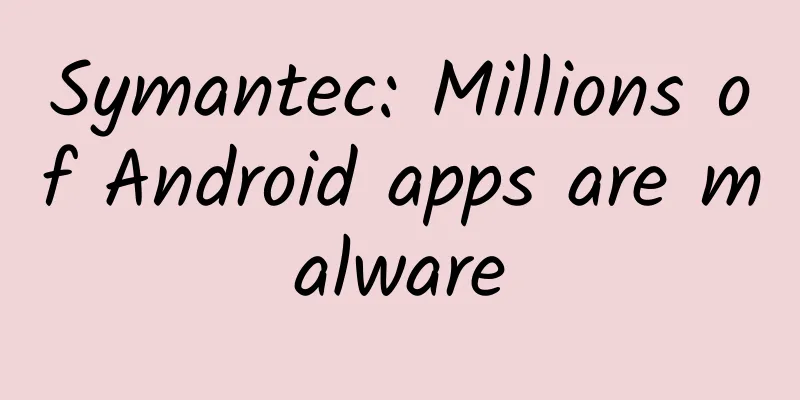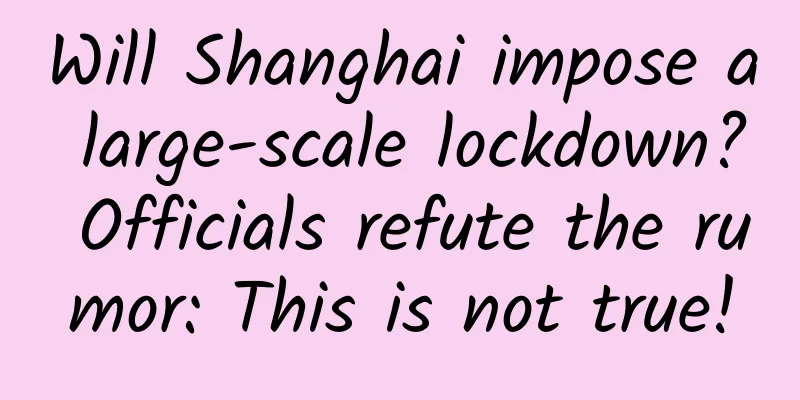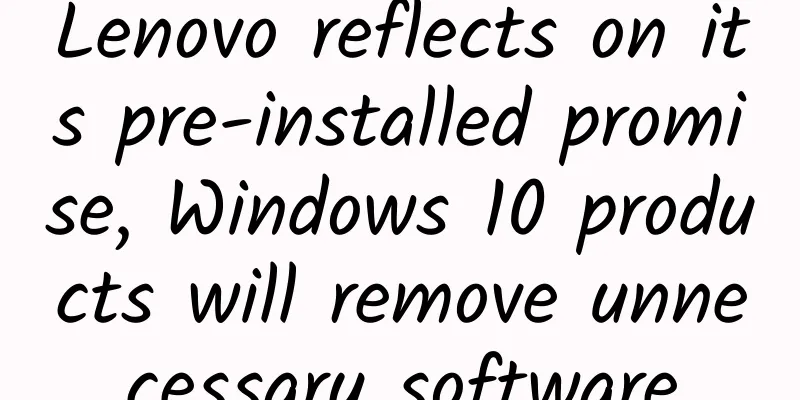Symantec: Millions of Android apps are malware

|
Editor's note: This seems to need no further explanation. Just get used to the Android system's permission explosion and malware. On April 25, Symantec, a global leader in Internet security technology, issued a warning in its latest Internet Security Threat Report that 17% (about 1 million) of all Android applications are actually malware in disguise. In the 2013 report, there were about 700,000 applications containing viruses. One-third of Android apps are what Symantec calls "greyware," which are mobile apps that bombard you with ads. Symantec also found the first mobile crypto-ransomware, which encrypts your data and holds it hostage for a ransom. The good news is that these malware are easy to prevent, as long as you download apps from a trusted app store, such as Google's Play Store. Symantec did not disclose how many types of malware it found in the Play Store, but Kevin Haley, director of the company's security response center, admitted that the number is quite low. "Google does a very good job of preventing malware," Harry said. "If malware shows up in its Play Store, Google will find it immediately and remove it." On the other hand, if you visit other Android app markets and download apps from app developers' websites, or download them via email links or on Bit Torrent sites, your phone's risk of being infected increases significantly. Symantec used its Norton Mobile Insight software to comb through more than 200 Android app stores in 2014, downloading and analyzing more than 50,000 apps or app updates every day. Harry said that most of the malware they found tried to steal personal data, such as mobile phone numbers, contact lists, etc., and then sell them on the Internet black market. Some malware can force your phone to send text messages to premium text messaging services, automatically increasing your monthly phone bill. Other apps may randomly send you ads, and some apps can even change your default ringtone to an ad. The Android malware problem is even worse outside the United States, particularly in regions where users don't have access to Google Play and must rely on third-party app marketplaces. If you notice unusual text message bills or unsubscribed ads that keep popping up, these are signs that your phone has been infected with malware. The best way to protect your phone is to scan and protect it with a mobile security app. As for Apple's iOS system, Symantec found a total of three infected apps in its iTunes store in 2014, and zero last year. "One of the benefits of the Android vs. iOS competition is that it gives you more freedom, including where to download apps. But this freedom comes at a price," Harry said. |
<<: Google Play opens developer team in China
>>: Talking about Programmers Series: Oh, I am a ghost problem!
Recommend
Brand marketing promotion: Analysis of Marvel IP’s brand positioning strategy!
To be or not to be? That is the question. There a...
Taking a census of galaxies? China's sky survey helps resolve the Hubble crisis!
The English version of Science China Physics, Mec...
How much does it cost to develop a WeChat food ordering app?
Nowadays, many offline businesses are trying out ...
B-side operation user growth methodology!
At this stage, the B-end market is becoming incre...
Born for smart home, ZIVOO smart box offers a comprehensive experience
The original intention of the TV box was to make ...
The latest "mask order" has been issued! National Center for Disease Control and Prevention: Masks are still required in these scenarios
Guidelines for the public to wear masks to preven...
Greenpeace: Research report on the circular economy potential of new energy vehicle batteries by 2030
Over the past three decades, the global productio...
How to do user operation? You need to know these!
A company that claimed to have tens of millions o...
Please, don't put big ears and antlers on your cycling helmets!
Do you need to wear a helmet when riding a motorc...
Canada: Electric vehicles to account for 100% of new car sales by 2035
Electric vehicles are proving to be quite popular...
The amazing gravitational lens effect allows you to see the real curvature of space-time. Is this evidence reliable?
Gravitational lensing is a conclusion and predict...
Nokia's perfect flagship Lumia 930 dismantling
Lumia 630 has already arrived in China, but there ...
Case Analysis | How to achieve “unity of knowledge and action” when writing a promotion plan?
Today we are going to talk about writing a planni...
Is the wind on the Qinghai-Tibet Plateau really “weak and powerless”?
Qinghai-Tibet Plateau It is one of the three majo...
Xi Jian of Dangbei Network: High-quality developers and applications can enable users to return to the big screen and create more marketing value
On September 22, the "2017 China OTT Large S...





![[Health Preservation in the 24 Solar Terms] Health Preservation Soup in Cough Season and Heavy Snow Season](/upload/images/67f20e505f2b4.webp)



